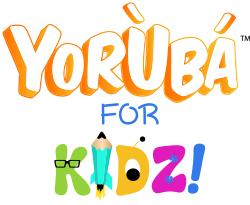Ọmọlúwàbí, Ọmọ Oòduà, Ọmọ Káàárọ̀-oòjíire, these names resonate deeply with the Yorùbá people, a West African ethnic group known for their rich heritage and cultural identity. The name omọlúwàbí represents the values and characteristics that the Yorùbás strive to embody.
Central to the identity of a Yorùbá person is the concept of Ọmọlúwàbí, which literally translates to “the child begotten by the chief of ìwà (character)”. It speaks to the very essence of his or her being.
Ọmọlúwàbí is much more than a terminology, it is about being “ọmọ tí a bí, tí a kọ́, tí ó sì gba ẹkọ́” (a child who is well nurtured and lives by the precepts of the education they’ve been given). This translates to self-discipline, honesty, integrity, respect, and a multitude of other qualities that distinguish the Yorùbá people. Such a child is considered a model of exemplary character.
This concept of Ọmọlúwàbí is ingrained in the Yorùbás’ way of life. It’s a guiding principle built on integrity and accountability, a compass that directs them to live with honour, courage, and uprightness.
An Ọmọlúwàbí is not only a good person but also a cultured one – “ẹni tó ṣe é fi yan gàn lá wù jọ” (a person one can be proud of). These qualities are evident in the way they conduct themselves in ìwàpẹ̀lẹ́ (gentility), ìtẹríba (respect), ínú rere (having a good mind towards others), ótítọ́ (truth), akínkanjú (bravery), ísẹ́ ta kun ta kun (hard work), and opọlọ pípé (intelligence).
Every true Yorùbá child aspires to be seen as an Ọmọlúwàbí.
This documentary explores this core concept of the Yorùbá people, their values, traditions, and the spirit that makes the culture so endearing.
